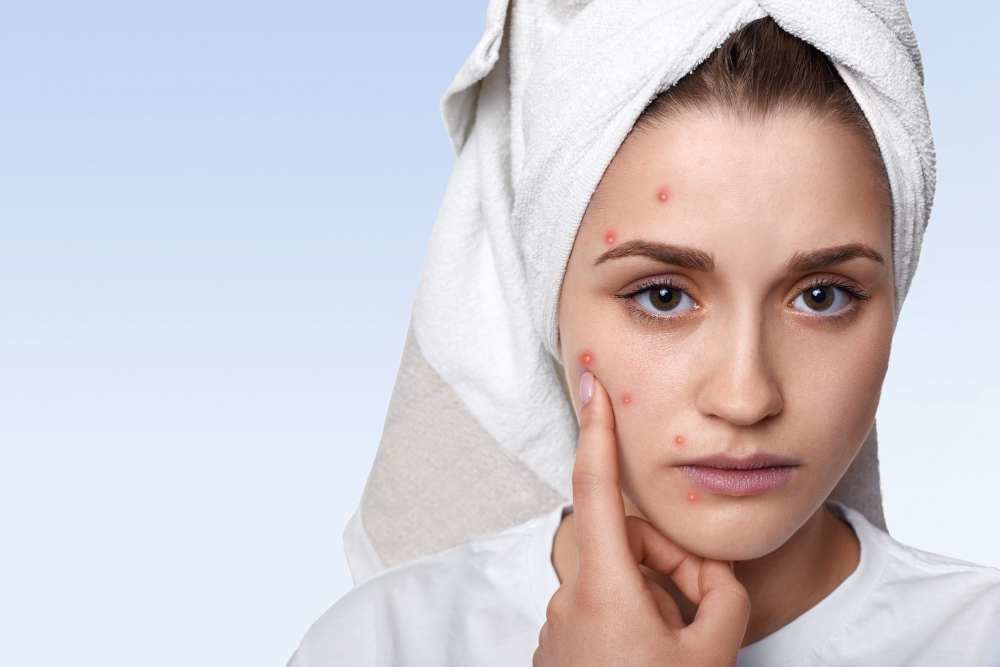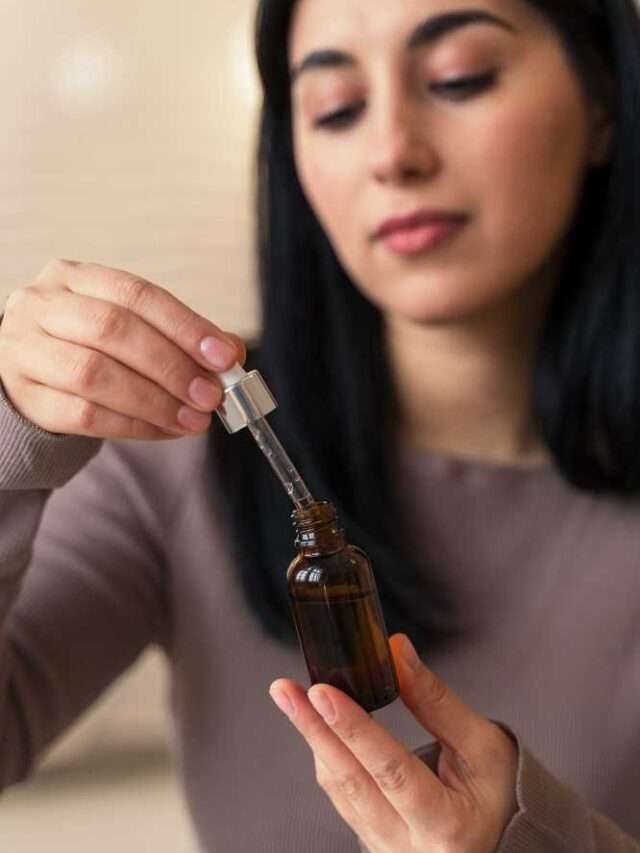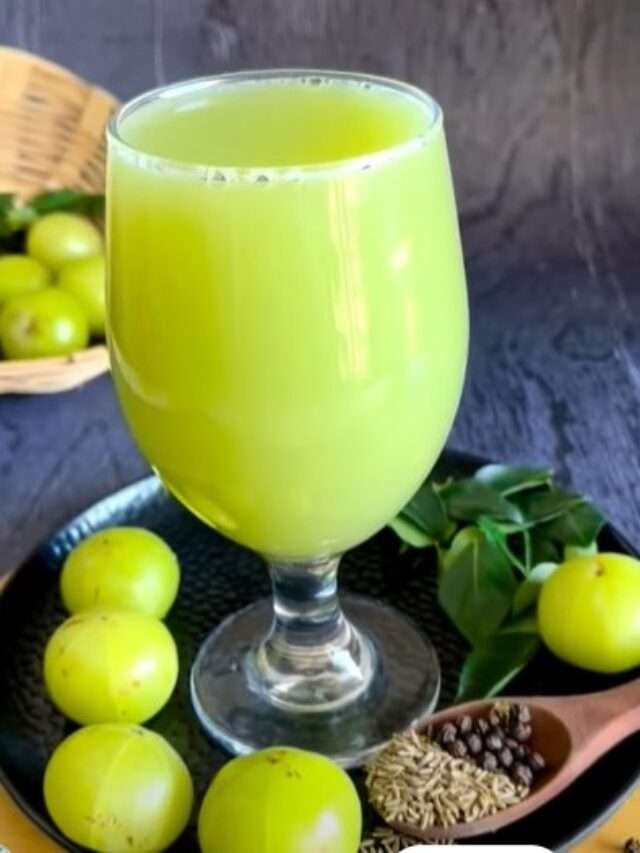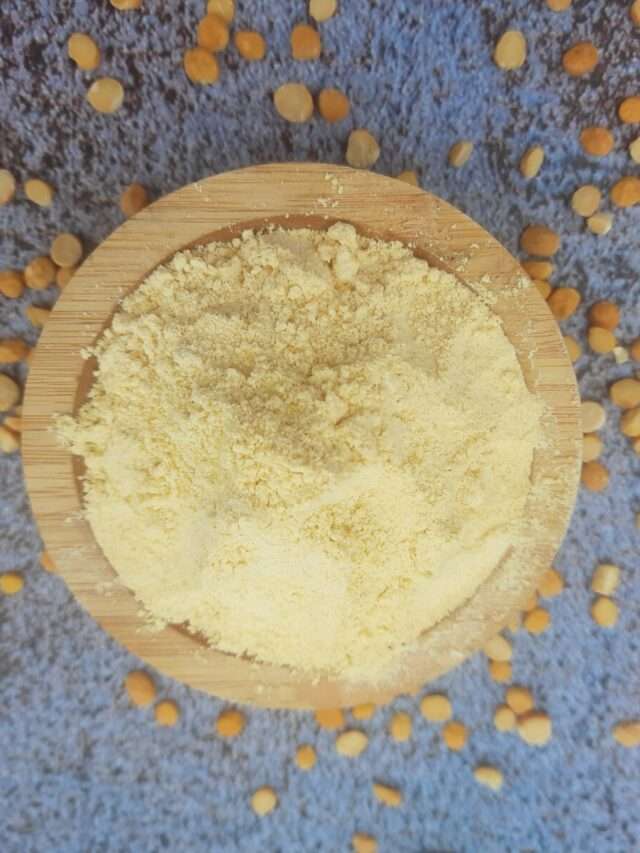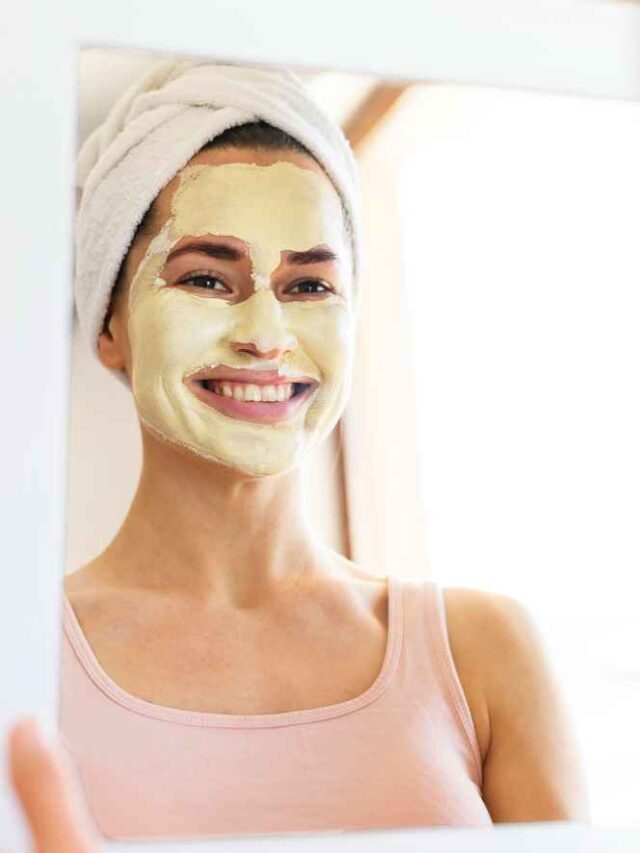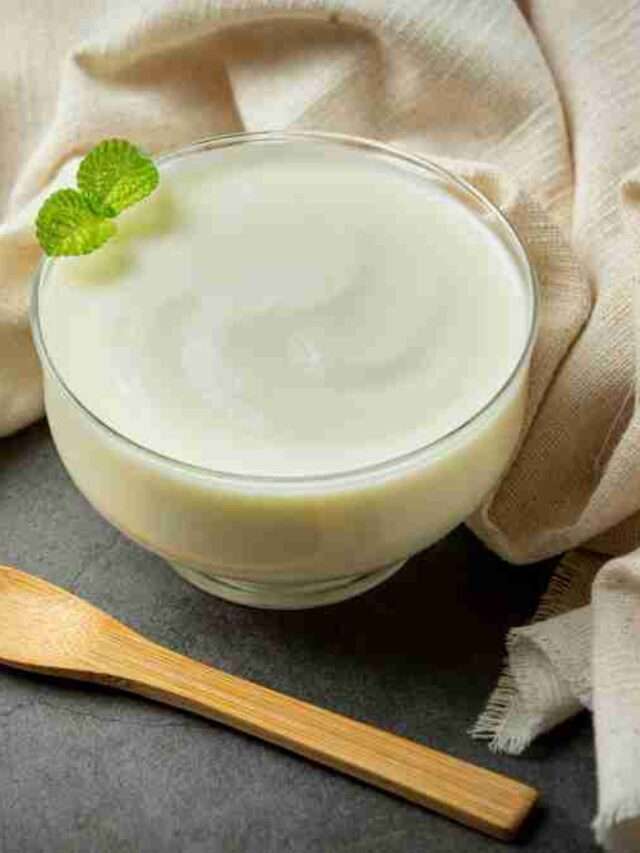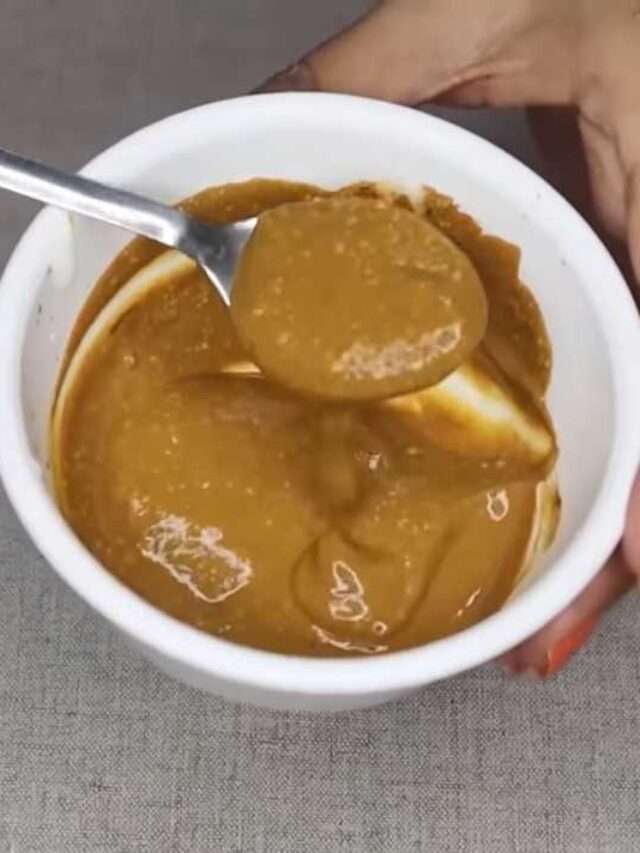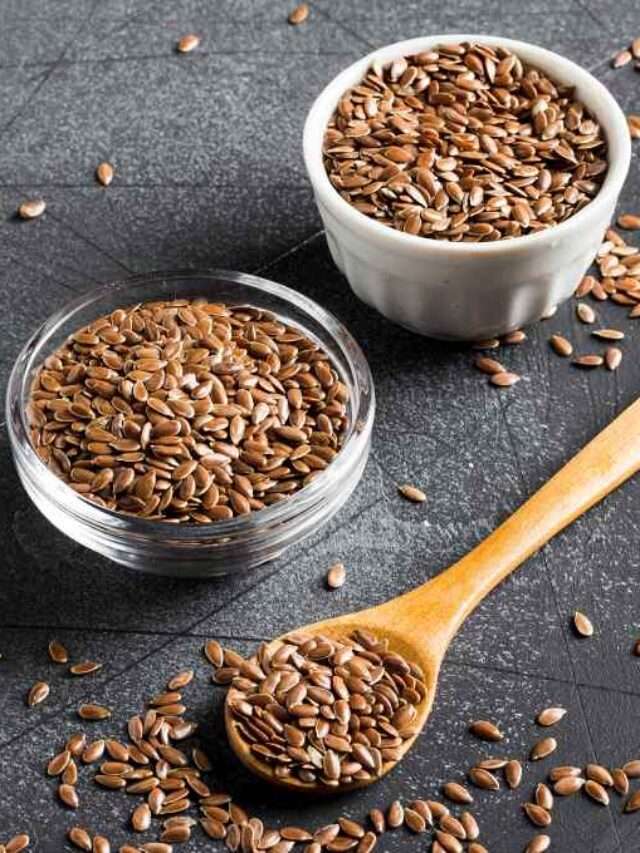If you’ve ever struggled with pesky pimples or acne, you’re in the right place. We’re here to explore the wisdom of Ayurveda and discover natural remedies that can help you achieve a blemish-free complexion. Say goodbye to those troublesome spots as we uncover the secrets to clear skin the Ayurvedic way. Let’s dive in and embrace the journey towards a happier and healthier you!
There are several reasons why pimples may occur, and understanding the underlying causes can help in providing appropriate solutions. Here are some common.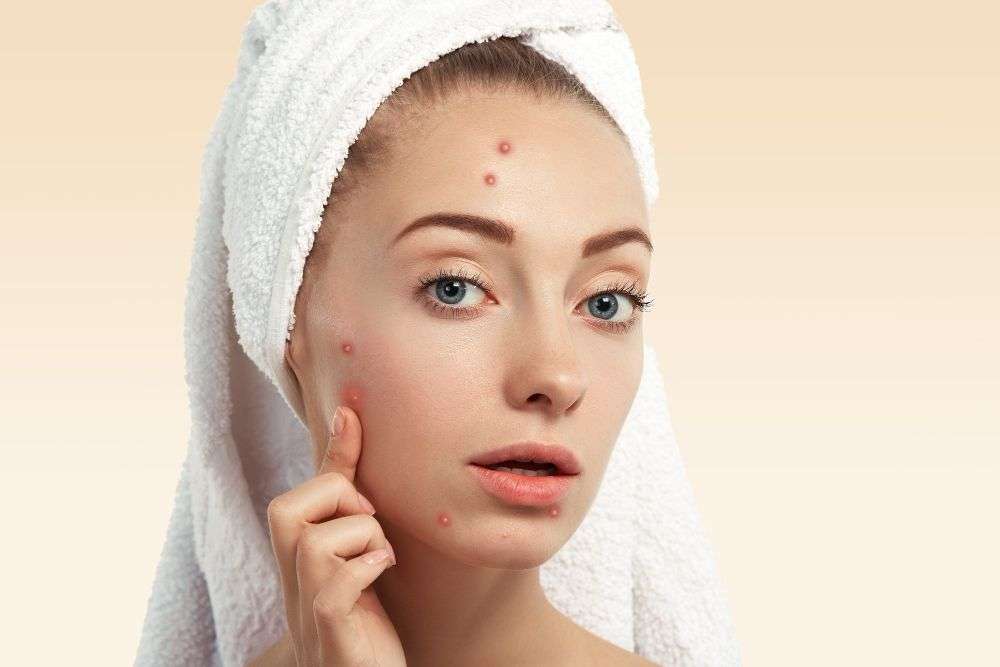
Reasons of pimples:
- Excess Sebum Production: Pimples often result from the overproduction of sebum (natural oil) by the sebaceous glands in the skin. This excess oil clogged the pores that leads to the formation of pimples.
- Bacterial Infection: The skin’s pores can become infected with bacteria, particularly a strain called Propionibacterium acnes, leading to inflammation and the development of pimples.
- Hormonal Imbalances: Hormonal fluctuations, especially during puberty, menstruation, pregnancy, or hormonal disorders, can trigger increased sebum production and contribute to the formation of pimples.
- Stress: Chronic stress can disrupt hormonal balance and may worsen skin conditions like pimples.
- Diet: Consuming a diet high in refined carbohydrates, sugars, and unhealthy fats may exacerbate pimples in some individuals. However, the relationship between diet and pimples can vary from person to person.
- Cosmetics and Skincare Products: Certain makeup or skincare products containing comedogenic ingredients can clog pores and contribute to the development of pimples.
- Genetics: A family history of acne or pimples can make some individuals more prone to developing them.
- Environmental Factors: Exposure to pollution, dirt, and excessive humidity can also aggravate existing pimples or contribute to their formation.
- Medications: Some medications, such as corticosteroids or hormonal treatments, may have side effects that include pimples or acne.
- Improper Skincare: Not maintaining a proper skincare routine, such as not cleansing or moisturizing the skin regularly, can lead to pore blockages and pimples.
Suggestions to Avoid Pimples
Ayurveda views pimples and other skin issues as an indication of an imbalance in one or more of the doshas (Vata, Pitta, and Kapha). Here are some general recommendations that I might suggest:
- Dietary Modifications: Emphasize a balanced and wholesome diet. Avoid excessive consumption of oily, fried, spicy, and processed foods. Incorporate fresh fruits, vegetables, whole grains, and adequate water intake to keep the body hydrated and the skin nourished.
- Herbal Supplements: Ayurvedic herbs like Neem, Turmeric, and Aloe Vera have potent anti-inflammatory and antimicrobial properties that can help with skin issues. However, the choice of herbs would depend on the individual’s constitution and the cause of the pimples.
- Stress Management: Stress can trigger hormonal imbalances and exacerbate skin issues. Encourage relaxation techniques such as meditation, yoga, or deep breathing exercises to manage stress levels.
- Skincare: Use natural and gentle skincare products suitable for your skin type. Avoid harsh chemicals that can strip the skin of its natural oils and cause further irritation.
- Sleep Hygiene: Ensure you are getting enough restful sleep, as it plays a crucial role in overall skin health and healing.
- Detoxification: Panchakarma, an Ayurvedic detoxification therapy, may be recommended in some cases to cleanse the body and remove accumulated toxins.
- Avoid Popping Pimples: Popping pimples can lead to scarring and worsen the condition. Encourage the individual to resist the temptation to pick at or pop their pimples.
Dietary Advices to get rid of pimples
some general dietary guidelines that can be beneficial for most individuals dealing with pimples:
- Favor Fresh and Whole Foods: Encourage the consumption of fresh fruits, vegetables, whole grains, nuts, and seeds. Incorporating these foods into your diet can be a key factor in promoting healthy skin, thanks to their nutrient and antioxidant content.
- Reduce Processed Foods: Minimize the intake of processed and packaged foods, as they often contain artificial additives and preservatives that may aggravate skin issues.
- Stay Hydrated: Drink an adequate amount of water throughout the day to keep the body hydrated and help flush out toxins.
- Include Healthy Fats: Incorporate healthy fats like avocados, olive oil, and ghee (clarified butter) in the diet. These fats are essential for maintaining healthy skin and balancing hormones.
- Limit Sugar and Refined Carbohydrates: High sugar and refined carbohydrate intake can lead to insulin spikes, which may worsen acne. Reduce the consumption of sugary snacks, soft drinks, and processed sweets.
- Herbal Teas: Herbal teas like chamomile, green tea, and neem tea can have anti-inflammatory and detoxifying properties that may benefit the skin.
- Spices: Include skin-friendly spices in your meals, such as turmeric, cumin, coriander, and fennel. Spice up your meals with these ingredients that offer flavor and combat inflammation.
- Probiotics: Consider including probiotic-rich foods like yogurt or fermented vegetables in the diet. Probiotics helpful for gut health, that linked to skin health.
- Avoid Heavy and Oily Foods: Reduce the consumption of heavy, greasy, and oily foods, as they can contribute to excessive sebum production and clog pores.
- Eat Mindfully: Chew your food thoroughly, eat at regular intervals, and avoid overeating. Eating mindfully helpful in good digestion and nutrient absorption.
DIY home remedies to treat poping pimples
For pimples that are currently inflamed and popping, it’s essential to be gentle and avoid aggravating the skin further. Here’s a simple DIY spot treatment using natural ingredients that may help soothe and reduce inflammation:
Turmeric and Honey Spot Treatment:
Ingredients:
- 1/2 teaspoon turmeric powder
- 1 teaspoon raw honey
Instructions:
- Wash your face with a mild facewash and gently dry .
- In a small bowl, mix the turmeric powder and raw honey to form a paste.
- Apply the paste directly to the inflamed pimples as a spot treatment.
- Leave the spot treatment on for 15 to 20 minutes.
- with lukewarm water Rinse off the mask and dry your face with a clean towel.
READ MORE: The Incredible Health Benefits of Indian Gooseberry (Amla)
Turmeric has natural anti-inflammatory and antimicrobial properties, while honey has antibacterial and soothing properties. This spot treatment can help reduce redness and calm the affected area. However, turmeric can stain the skin temporarily, so it’s best to do a patch test first and avoid using it right before any important events.
Ayurvedic herbs can play a beneficial role in supporting overall health, including skin health. Here are some Ayurvedic herbs that can be incorporated into her diet to help with pimples:
- Neem (Azadirachta indica): Neem is one of the most popular Ayurvedic herbs for skin health. It has potent antibacterial, antifungal, and anti-inflammatory properties. Consuming neem capsules or adding neem powder to her diet can be helpful. However, the taste of neem is bitter, so it’s often easier to take it in capsule form.
- Turmeric (Curcuma longa): Turmeric contains a compound called curcumin, which has powerful anti-inflammatory and antioxidant properties. Adding turmeric to her meals or drinking turmeric milk (golden milk) can provide benefits for skin health.
- Aloe Vera (Aloe barbadensis): Aloe vera has soothing and cooling properties that can help reduce inflammation in the skin. Drinking aloe vera juice or adding fresh aloe vera gel to smoothies can be beneficial.
- Triphala: Triphala is a combination of three fruits – Amalaki (Indian gooseberry), Bibhitaki (Baheda), and Haritaki (Harad). It helps in detoxification and supports digestive health, which can have a positive impact on skin health.
- Manjistha (Rubia cordifolia): Manjistha is a blood-purifying herb that helps in removing toxins from the body and supports healthy skin.
- Guduchi (Tinospora cordifolia): Guduchi is an immunomodulatory herb that helps boost the immune system and can have a positive impact on various skin issues.
- Ashwagandha (Withania somnifera): Ashwagandha is an adaptogenic herb that helps in managing stress, which can be beneficial for those with stress-related acne.
- Brahmi (Bacopa monnieri): Brahmi is a nerve tonic that can help reduce stress and promote overall well-being, which can indirectly benefit the skin.
Remember that the effectiveness of these herbs can vary based on individual constitution and specific health conditions. It’s always a good idea to consult with an Ayurvedic practitioner before adding any new herbs or supplements to her diet, especially if she has any pre-existing health conditions or is taking medications. The practitioner can assess her dosha constitution and recommend the most appropriate herbs and dosages for her specific needs.
“Can yoga help in pimples?
- Surya Namaskar (Sun Salutations): Surya Namaskar is a sequence of yoga poses that involves a series of forward bends, backbends, and stretches. It helps in improving blood circulation, detoxification, and reducing stress.
- Pranayama (Breath Control): Practicing pranayama techniques, such as deep breathing (Bhastrika) and alternate nostril breathing (Nadi Shodhana), can help calm the mind, reduce stress, and improve oxygen supply to the skin.
- Uttanasana (Standing Forward Bend): This pose helps increase blood flow to the face and head, promoting a healthy complexion.
- Matsyasana (Fish Pose): Matsyasana opens up the chest and throat, improving oxygenation and aiding in relaxation.
- Setu Bandhasana (Bridge Pose): This pose stretches the chest and neck, stimulates abdominal organs, and can help balance hormones.
- Balasana (Child’s Pose): Balasana is a resting pose that helps in relaxation and stress reduction.
- Viparita Karani (Legs-up-the-Wall Pose): This restorative pose can help reduce stress, improve circulation, and promote relaxation.
- Yoga Nidra (Yogic Sleep): Yoga Nidra is a guided relaxation practice that induces deep relaxation and can be helpful for managing stress-related skin issues.
Additionally, maintaining a regular yoga practice can help manage stress, which is often a contributing factor to pimples and other skin conditions. Stress management is crucial in Ayurveda for maintaining overall well-being.
In this Article I tried to cover All the topics related to pimples whether it cause , home remedies, dietary changes and solutions i hope it help you to get rid of Pimples.

